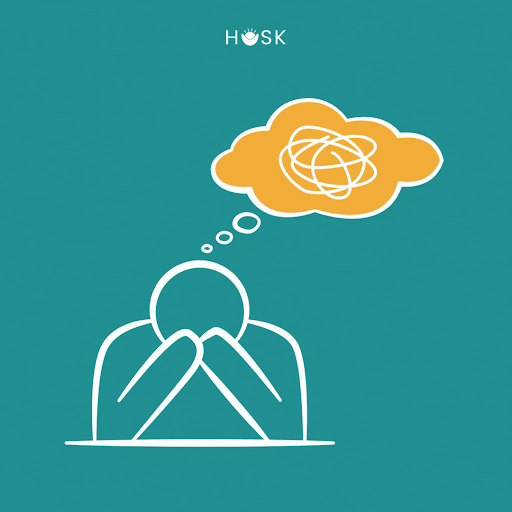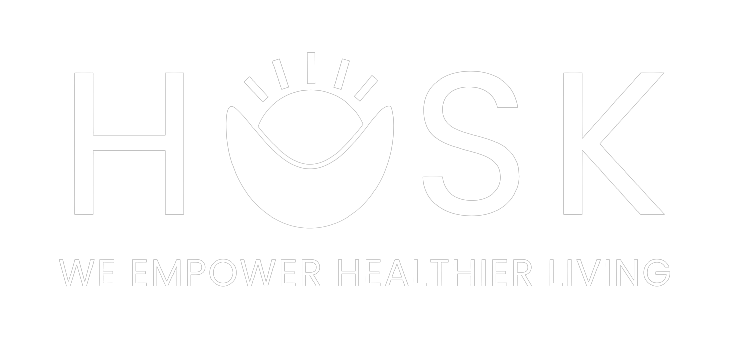
Is Your Stress Level Unhealthy?
Worried about a big presentation, mounting bills, a family illness, or an upcoming event? Stress is a universal, normal response to obstacles in life. In some cases it’s even beneficial because stress tells our bodies it’s time to respond; however, leaving stress unmanaged can be detrimental, leading to negative emotional and physical consequences.
Clues that you are under stress may include being irritable, having difficulty concentrating, excessive worry or moodiness. Physical symptoms can include headaches, increased heart rate, tension or pain. Stress can lead to negative consequences for our physical, social, occupational, recreational and financial health. It can cause people to withdraw from outings, experience prolonged difficulty sleeping, or be unable to cope with emotions after the end of a relationship.
How can you determine if the stress you are experiencing is adversely affecting your health? It comes down to the urgency of the stressor, the duration of the symptoms, and the severity and lasting impacts the stressor or situation creates. For instance, low-level stress is typically beneficial and ignites us to take action and achieve goals. The stressor is typically short-term, realistic and attainable. Stress can be harmful, however, when the level of the stressors escalates, consequences become more severe, or symptoms become long-lasting.
Identifying stressors and understanding our thoughts and reactions to them are important steps in managing stress. When stress moves beyond a healthy level, you may benefit from speaking to a licensed mental health therapist to help recognize, address and manage reactions to stressors.
Read the full article by Jorge Caraballo here, HUSK Mental Health Therapist, MS, LCMHC, NCC
Jorge Caraballo, M.S, LCMHC, NCC is a Licensed Clinical Mental Health Counselor at HUSK. Jorge is licensed in North Carolina and Pennsylvania. Jorge’s clinical approach to therapy pulls from the foundations of Cognitive Behavioral Therapy (CBT), Dialectical Behavior Therapy (DBT), Motivational Interviewing, and Acceptance and Commitment Therapy (ACT). He also utilizes Solution-Focused, Emotion-Focused, and Mindfulness based techniques to support clients with a variety of presenting problems and personality styles. HUSK partners with organizations to make healthy easier by designing sustainable wellness programs that connect people to their preventative benefits.
Menu
© – HUSK | All rights reserved | Privacy Policy |
Terms & Conditions
|
Security & Compliance
|
Status
Instagram
Facebook
Linkedin
Twitter
Solutions
Mental Health
Marketplace
Nutrition
Physical Therapy
Rewards
HUSK Pro
Company
About
Contact
Press
Blog
Mental Health
Marketplace
Nutrition
Physical Therapy
Rewards
HUSK Pro
Company
About
Contact
Press
Blog
© – HUSK | All rights reserved | Privacy Policy |
Terms & Conditions
|
Security & Compliance
|
Status

